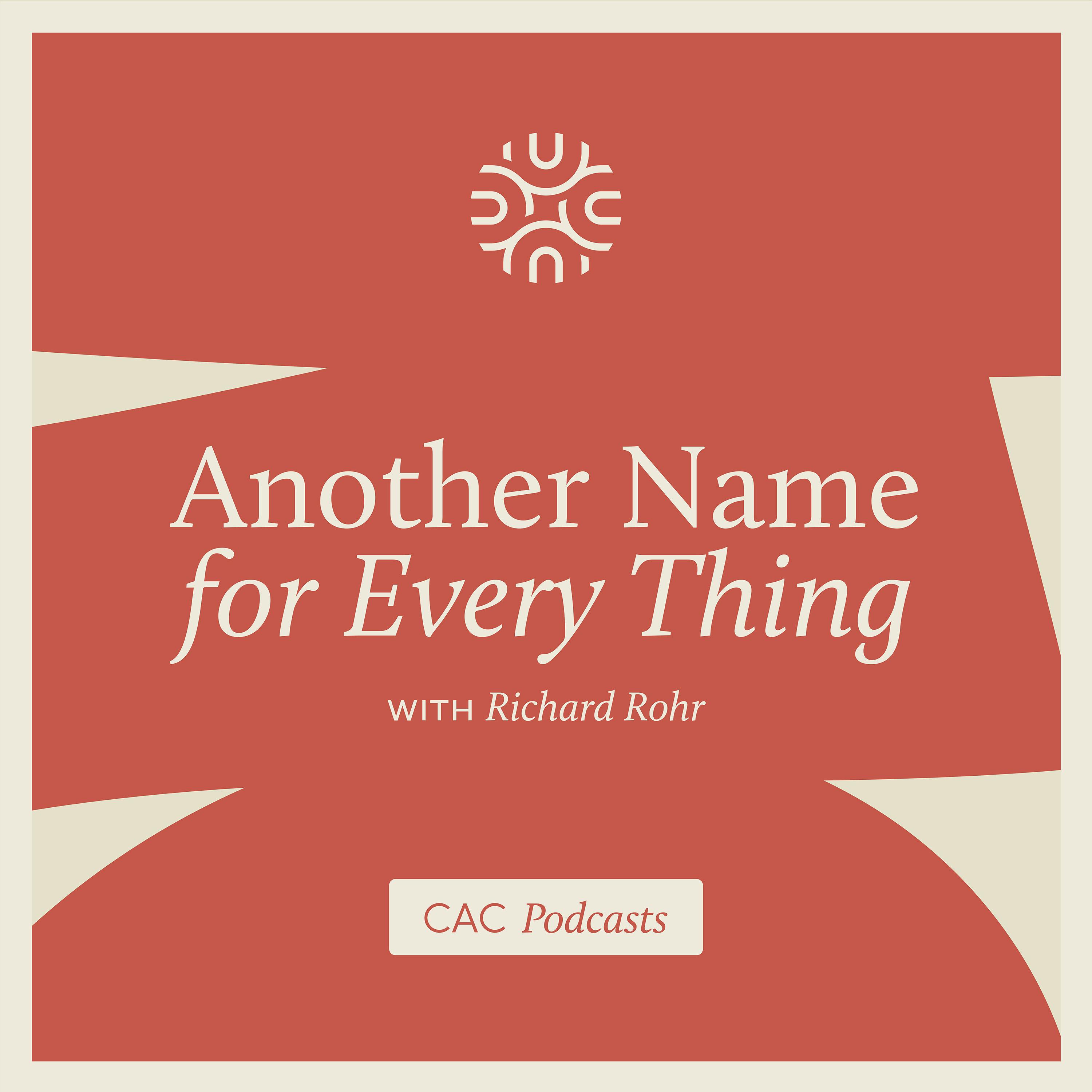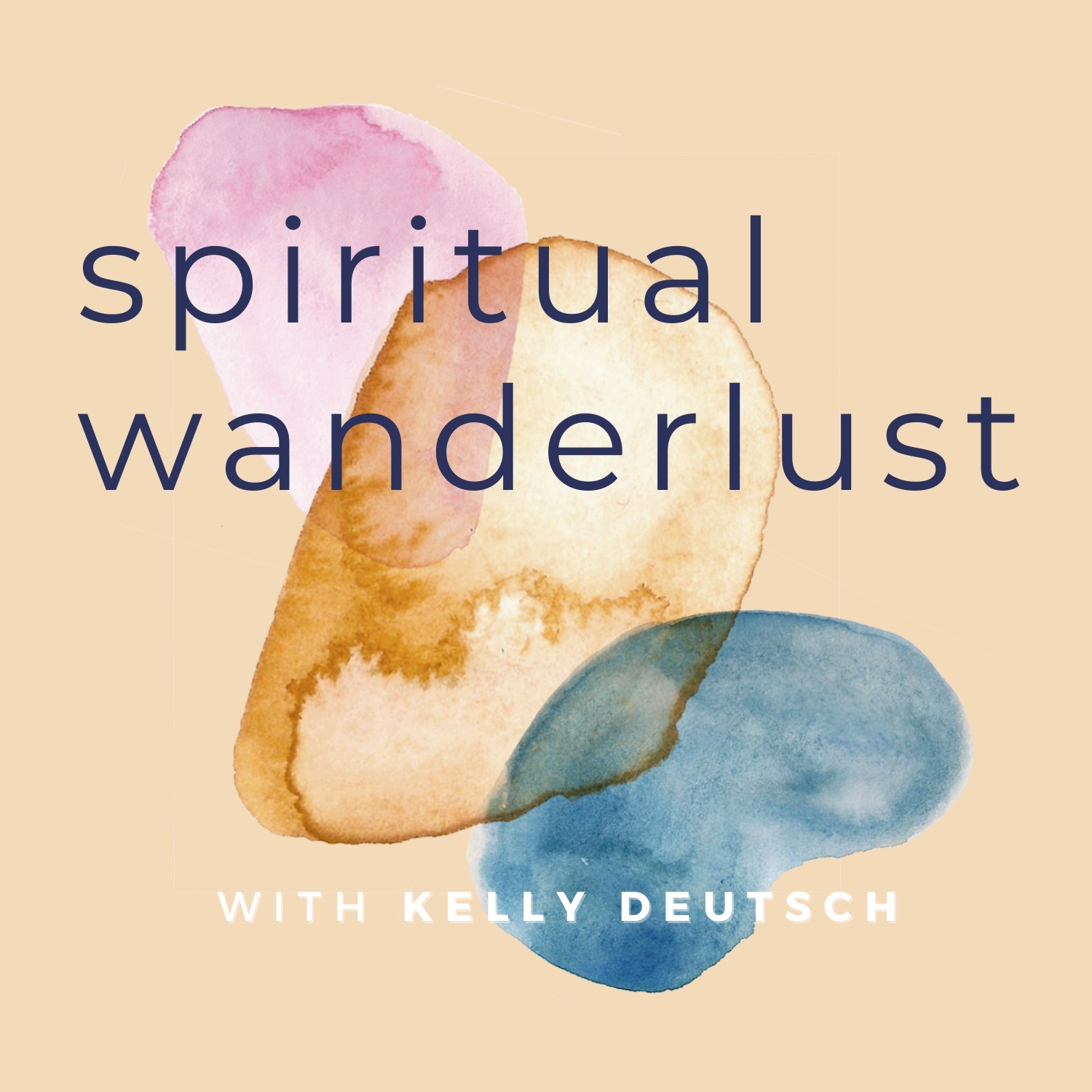
SOLACE: Soul + Grief
This podcast is sponsored by SOULPLUSGRACE serving the San José/Santa Cruz area, offering grief support and grief journeying with spirituality. I hope to help you travel through grief with God at your side.
"I am a trained Spiritual Director for those who seek to complete the 19th Annotation of St. Igantius’ spiritual exercises OR seek spiritual direction while grieving. I have also worked as a hospital/cemetery chaplain and grief doula. I believe all paths lead to God and that all traditions are due respect and honour. I take my sacred inspiration from all of my patients and companions–past, present and future; the Dalai Lama, James Tissot, St. John of the Cross, the Buddha, Saint Teresa of Ávila, and, of course, Íñigo who became known as St. Ignatius. I utilize art, poetry, music, aromatherapy, yoga, lectio divina, prayer and meditation in my self-work and work with others. I believe in creating a sacred space for listening; even in the most incongruous of surroundings."
BACKGROUND
- Jesuit Retreat Center, Los Altos, CA -- Pierre Favre Program, 3 year training to give the Spiritual Exercises of Saint Ignatius
- Centro de Espiritualidad de Loyola, Spain -- The Spiritual Exercises of St Ignatius of Loyola -- 30 Day Silent Retreat
- Center for Loss & Life Transition – Comprehensive Bereavement Skills Training (30 hrs) Ft. Collins, CO
- California State University Institute for Palliative Care--Palliative Care Chaplaincy Specialty Cert. (90 hrs)
- Sequoia Hospital, Redwood City, CA -- Clinical Pastoral Education
- 19th Annotation with Fumiaki Tosu, San Jose, CA, Spiritual Exercises of St. Ignatius
- Santa Clara University, Santa Clara, CA M.A. – Pastoral Ministries
CONTACT ME: candeelucas@soulplusgrace.com with questions to be answered in future episodes.
SOLACE: Soul + Grief
Grieving Your Own Death
Use Left/Right to seek, Home/End to jump to start or end. Hold shift to jump forward or backward.
As we journey through life, the loss of a loved one often brings our own mortality into sharp focus. It's a difficult concept to grapple with - the idea of our own passing. Yet, it's a topic that's seldom talked about.
Be sure to subscribe to this podcast on Google Podcasts, Apple, Amazon Music, Spotify, or follow us on the Facebook pages of Gate of Heaven Cemetery in Los Altos, California, or Calvary Cemetery in San Jose, California.
SPIRITUAL DIRECTION WHILE GRIEVING IS AVAILABLE FREE OF CHARGE
You can reach us at: ccoutreach@dsj.org
To arrange personal spiritual direction: 408-359-5542
Our theme music is: Gentle Breeze by Yeti Music from the album "Uppbeat".
Additional Music and sound effects today by: via Pixabay
Welcome to Solace Soul + Grief. I'm your host, Candee Lucas. We Catholic Cemeteries know that the loss of a loved one has a profound effect on our lives and we would like to help you deepen your faith, pay attention to where God is moving in your life as you grieve, and call upon the love of God to accompany you.
Candee Lucas:Each week, we take a different text or scripture or poem or maybe an idea from the Holy Spirit, and we use that idea or poem or song to help us reflect more deeply on our grief and God's place in our life and God's place next to us as we grieve. Please remember you're always welcome in our circle of healing, love and support. Sometimes the art of carrying our own grief becomes a duty or a habit. We wear our grief like an old, familiar garment. It fills our days and haunts our nights. Sometimes it's like a heavy blanket we carry around all day. We'd like to set it down, but we can't because it feels like setting the love down. And how do we extricate the love from the grief, the grief from the love? That's exactly the point of it. We can't, we don't. At times when we're telling our stories.
Candee Lucas:Is the fact that the death of a loved one brings our own deaths much closer, makes it more real, makes us contemplate our own ends, review our own lives, wonder who will be with us at our deaths, how our ends will be, and these are not subjects most of us are comfortable talking about. But not talking about things doesn't make them more real or less real. It just leaves a part of grief unsaid and ungrieved. So we're going to try something different today and it may not be comfortable for everybody. That's fine. Some of these subjects are harder than others, but we want to take a few minutes today to mourn our own passing, to recognize that that's a very real emotion, a very real thought that comes to us all, especially when we are thinking about the death of our loved one, how that came about, whatever the circumstances were, how we would feel if we knew that that was our precise ending. Would we feel better if we could choose the day, the time, the hour? Because most of us don't get to do that. Most of us, if we've lived to a good age, have some kind of decline or illness awaiting us at the end of our lives. Usually not an accident, usually not violence, usually nothing very dramatic other than our own death.
Candee Lucas:Once in some training in hospice, we had a hospice doctor come in. She proceeded with a meditation for the group that included some very vivid descriptions of how it would feel to die. I happen to be one of those people that's highly suggestive and about midway through her meditation I stopped and said I really don't want to go forward with this.
Candee Lucas:This is a little too real for me, because she was talking about parts of your body shutting down and how your blood slowed and how your oxygen was declining, how your heartbeat was slowing, very vivid descriptions of the physical part of death. This was long before I came to this Comfortable part of death, when I knew Jesus more intimately than I knew him then when, when I hadn't recognized the vibrancy of his presence in my life. And I think one of the scariest part of that meditation was my sense of aloneness, my sense of being cut free from the world, not having an embrace, a touch, really a person in the room. As I did the meditation, I was only concentrating on myself and my bodily responses, my respirations, my heartbeat, and I was not thinking as I do now about the love of that moment.
Candee Lucas:You wonderful people who have listened to me on this podcast have heard me oftentimes talk about the love of God that surrounds our loved ones at the end, so today I want to talk about the love of God that will surround us at our ends. I think of my own father at the age of 95, who has withered in a way that I never contemplated. Of course, when I was growing up, he was young and strong and he seemed invulnerable, the way many fathers do, invincible.
Candee Lucas:It seemed impossible that he would ever be sick, or that he would ever struggle with walking, with remembering--t hings we took for granted then that seemed so important.
Candee Lucas:Now we are living through his season of vulnerability and because I know it is happening to him. I know it will happen to me and truly, some days I'm overwhelmed by it. I do not know, and really do I want to know what it will feel like to have my body betray me utterly, to not have control of things that I take for granted. Right now. This is part of contemplating our own deaths. If there's no beauty in that, there's no wonderfulness in that, much as there is sadness in watching leaves turn in the fall. We think they are so brilliant and beautiful at the end, and just when they're at their most brilliant, they fall from the tree, they fade and crackle underneath our feet. Humans are very much like that. We have our moments of brilliance, we have our moments of pain.
Candee Lucas:We have our moments of forgiveness and love and all the ups and downs of life on Earth brings us, and if we are very, very lucky, we have the love of a few, but mostly we have the love of God that sustains us. For in God's love I am not afraid to listen to my heartbeat slow, to listen to my respirations slow. In God's love, I am not afraid of not being able to see clearly or hear clearly, because, luckily, it is our eschatological end that we fade into Him, that we truly come home, that we embrace Him as he embraces us into the next incarnation. And of course, since we have not been there before, there might be a tiny moment of fear.
Candee Lucas:Because, we've never done this before, but that's when your faith really rings true, because in that moment of fear, we will all let go. We will all be embraced by Him completely. That brings to a close another episode. I am Candee Lucas, your host, aftercare coordinator for Catholic Cemetery in San Jose, chaplain and spiritual director. Please support us by subscribing on Apple Podcast, Google Podcast, Amazon Music or Spotify. You can contact us through the telephone number or email in the show notes. We always welcome your comments and suggestions for future episodes. Spiritual direction is always available for those who are grieving through Catholic cemeteries. Be gentle with yourselves. Travel with God. Vaya con Dios.
Podcasts we love
Check out these other fine podcasts recommended by us, not an algorithm.
IKAR Podcasts
IKAR
All There Is with Anderson Cooper
CNN Podcasts
The Examen with Fr. James Martin, SJ
America Media
Jesuitical
America Media
What's Your Grief Podcast
Eleanor Haley & Litsa Williams
The Spiritual Life with Fr. James Martin, S.J.
America Media
Sensible: Down-to-Earth Spiritual Exercises
Ignatian Center for Jesuit Education
Inside The Vatican
America Media
Another Name For Every Thing with Richard Rohr
Center for Action and Contemplation